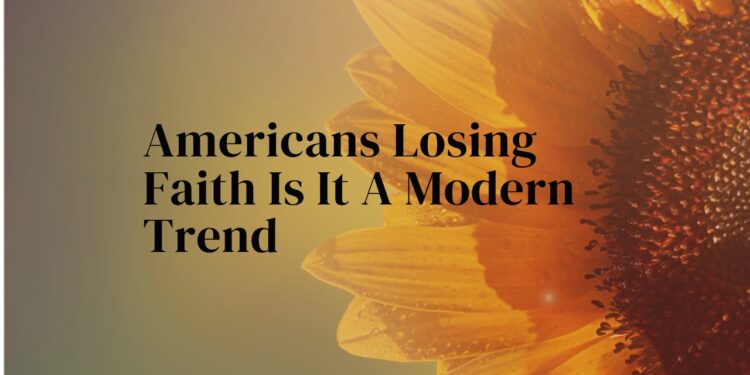No products in the cart.
Americans Losing Faith Is It A Modern Trend
This post contains paid and/or affiliate links. I make a small commission at no extra cost to you. Please see our Privacy Policy.
Americans are losing faith at an alarming rate. They are leaving churches, praying less, and seeing religion as less important. For the first time, less than half of American adults belong to a religious group.
This change is the biggest and fastest in U.S. history, with about 40 million people stopping church attendance in the last 25 years.
The drop in religious ties is complex, influenced by cultural changes, age differences, and more people becoming secular. Over the past decade, fewer people identify as Protestant or Catholic.
At the same time, more people say they have no religion. This trend is especially true for younger people, with Millennials being less religious than older generations.
Many factors are behind this shift. People value their independence and personal beliefs more. They also see a gap between religious teachings and American culture.
As religion’s role in society changes, understanding why people are leaving traditional faith is key. It helps us grasp the social and political changes in the country.
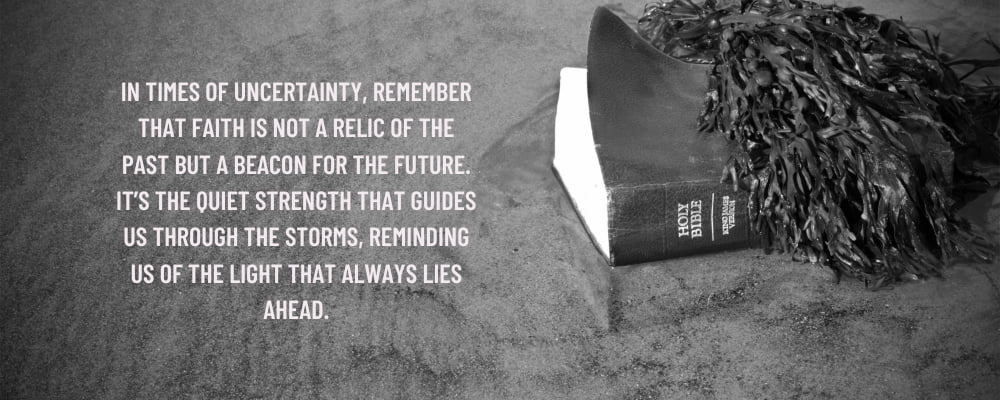
The Great Dechurching: A Seismic Shift
In recent decades, the United States has seen a big drop in religious affiliation and attendance. This shift, known as the “Great Dechurching,” has led to about 40 million American adults stopping church attendance, mostly in the last 25 years.
Exploring the Unprecedented Decline in Religious Affiliation
For the first time in eight decades, more adults in the United States don’t go to church than do. This big drop in religious affiliation is unlike the past growth. Church attendance more than doubled from 13.5 million to 32.7 million in the 25 years after the Civil War.
Factors Contributing to the Erosion of Traditional Faith
The reasons for losing faith in America are many, including secularism, philosophical debates, and spiritual apathy, especially among the young. This change has been happening slowly, starting in the early 1990s and getting worse over the next three decades.
The book “The Great Dechurching” goes deep into these trends, offering important data and analysis. It talks about different types of people who have left church, like Cultural Christians and Dechurched Mainstream Evangelicals.
“Approximately 40 million adult Americans have left houses of worship, marking the largest and fastest religious shift in American history.”
The authors of “The Great Dechurching” say church leaders need to understand why people are leaving. They offer practical advice and data to help churches deal with this issue. They also suggest a plan for renewal within churches and a bigger impact on society.
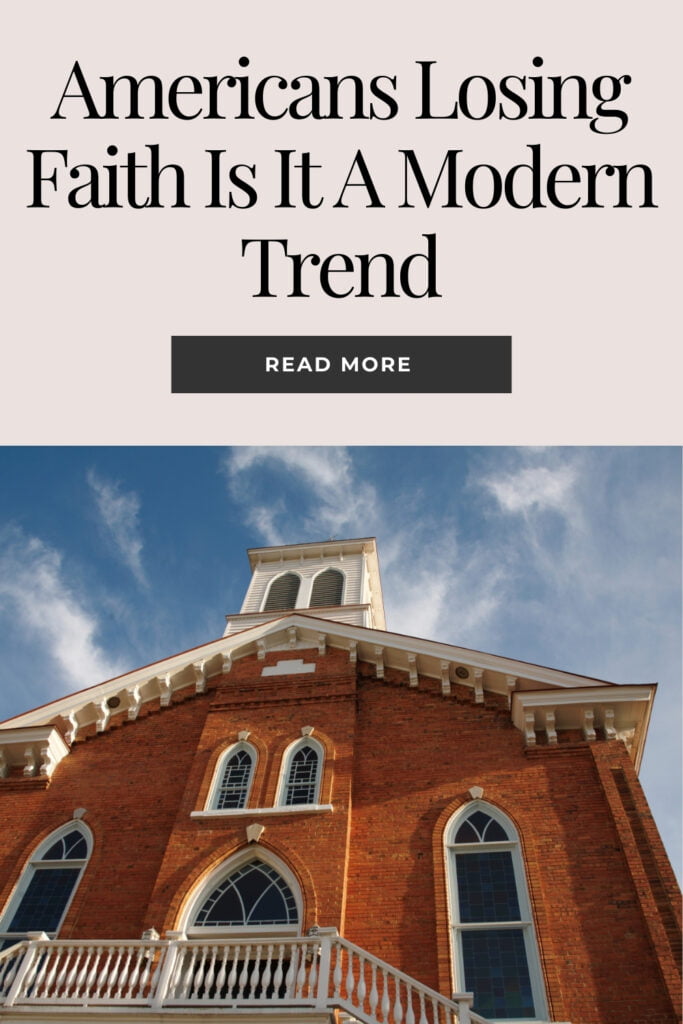
Declining Confidence in Major Institutions
The religious scene in the United States is changing, and people are losing trust in organized religion. This loss of trust is a big reason why fewer people are joining religious groups. Recent numbers show that Americans trust the church or organized religion less than ever before.
The trust in the presidency is only 26%, and the Supreme Court is a bit higher at 27%. But, people still trust the military (60%) and small businesses (65%) a lot. The medical system (34%) and the church or organized religion (32%) are seen as the least trustworthy, showing a big drop in confidence.
Analyzing the Erosion of Trust in Organized Religion
Trust in organized religion is falling, which is part of a bigger issue of institutional distrust in the U.S. The average trust in all institutions has hit a record low of 27%. This is a big drop from the 40% seen before.
The divide between Republicans and Democrats makes this issue worse. There’s a 24-point gap in trust in the church or organized religion between the two groups. This shows that religious affiliation is becoming more of a divisive topic, adding to the decline in trust.
“Only 9% of religiously unaffiliated individuals are interested in finding a new religious or spiritual home, as per the Public Religion Research Institute.”
As more Americans say they don’t belong to any religion, the declining confidence in organized religion shows a big cultural shift. This shift brings both challenges and chances for religious groups to think about their place in today’s world.
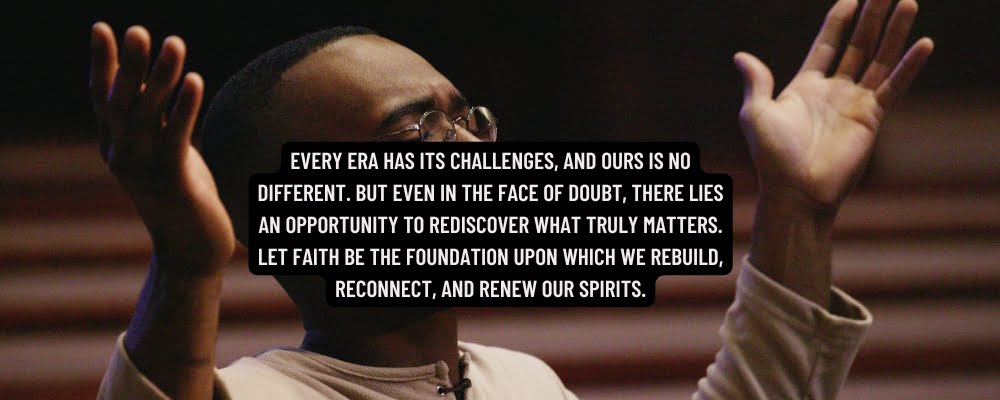
Generational Differences and Cultural Shifts
The way people view religion in the United States is changing a lot. Younger people are less likely to stick with traditional religions. This shows a big move towards being secular and changing views on religion in public life.
Now, over one-third (34%) of Generation Z don’t follow any religion. This is more than millennials (29%) and Generation X (25%). Also, 18% of Generation Z call themselves atheist or agnostic, which is more than older groups. Only 40% of Generation Z go to religious services weekly, unlike 57% of baby boomers.
Younger people, especially millennials and Generation Z, are less likely to have been in religious programs as kids. Only 42% of them had such experiences, compared to 61% of baby boomers. Also, fewer young people enjoy family meals together, a tradition often tied to religion and culture. Only 46% of millennials and 38% of Generation Z do this, while 76% of baby boomers still do.
| Generation | Religiously Unaffiliated | Atheist/Agnostic | Weekly Religious Service Attendance | Childhood Religious Education | Daily Family Meals |
|---|---|---|---|---|---|
| Generation Z | 34% | 18% | 40% | 42% | 38% |
| Millennials | 29% | N/A | N/A | 42% | 46% |
| Generation X | 25% | N/A | N/A | N/A | N/A |
| Baby Boomers | N/A | 9% | 57% | 61% | 76% |
| Silent Generation | N/A | 4% | N/A | N/A | N/A |
These changes show a big shift in culture, with younger people less tied to traditional religions. This change comes from many things, like less exposure to religion as kids, more acceptance of not being religious, and linking conservative politics with Christianity. Understanding these changes is key to dealing with the evolving role of secularism and cultural shifts in America.
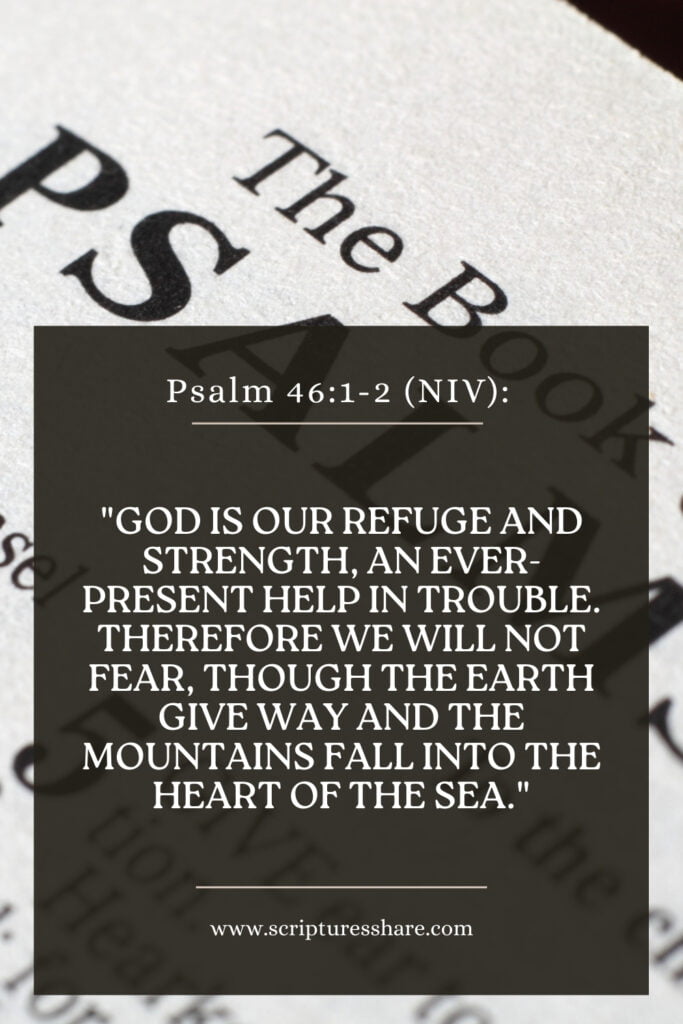
Why Americans are losing their religion
A lot of Americans are leaving their faith behind. This is due to the rise of secularism and deep debates about faith. Many feel their beliefs clash with today’s culture, leading to a drop in religious ties.
Examining the Reasons Behind Religious Disaffiliation
Many churches are closing down, with 6,000 to 10,000 shutting each year. In 2023, only 39% of Americans said religion was very important. This is down from 62% in 1998. Yet, 60% still see religion as important in some way, and 19% don’t care much about it.
Secularism, Philosophical Debates, and Spiritual Apathy
Secularism and debates about faith have led to fewer people believing in religion. Atheists now make up about 7% of the population, up from 2-3% before. More people, 31% in 2021, don’t go to religious services. This shows a growing lack of interest in spirituality, with only 16% seeing it as the most important part of life, down from 20% before.
| Statistic | Value |
|---|---|
| Churches closed annually in the US | 6,000 – 10,000 |
| Americans who consider religion very important (1998 vs. 2023) | 62% vs. 39% |
| Americans who say religion is somewhat or very important | 60% |
| Americans who say religion is not important at all | 19% |
| Atheists as a percentage of the population (1988-2012 vs. 2021) | 2-3% vs. 7% |
| Americans who never attend religious services (1988 vs. 2021) | 17% vs. 31% |
| Americans who consider religion the most important aspect of their lives (decade ago vs. now) | 20% vs. 16% |
Political Polarization and Religion’s Role
In recent years, the link between religion and politics in the U.S. has grown stronger. This has led to more political divisions. The survey shows big differences in opinions on how religion should fit into public life and government.

Partisan Divides on Faith in Public Life
Republicans often want more religious influence in politics and government than Democrats. There are big differences on issues like keeping church and state separate and the Bible’s role in making laws. These differences are making it harder to agree on religion’s place in American society.
Research shows that being religious often means you’re more likely to be a Republican in the U.S. Surveys reveal many Americans see religious folks and evangelicals as more Republican than Democratic. This shows a clear split between religious and secular people in politics.
| Statistic | Percentage |
|---|---|
| Americans who believe that evangelicals are an even mix of Republicans and Democrats | 36% |
| White evangelicals who voted for a candidate in the 2016 election despite character defects, with religious liberty worries being a top reason for their vote | 81% |
| States in the US that do not have LGBTQ rights legislation in place | 28 |
But, the link between religion and politics isn’t the same for everyone. African Americans, Latinos, and Muslim Americans, even though they are very religious, mostly vote Democratic. This shows not all religious people support the Republican Party.
“Religious liberty must protect unpopular views and recover bipartisan support to reduce polarization.”
The debate on religion’s role in public life is getting more heated. It’s key to find a balance that respects all beliefs and values in America. This balance should also protect democracy and diversity.
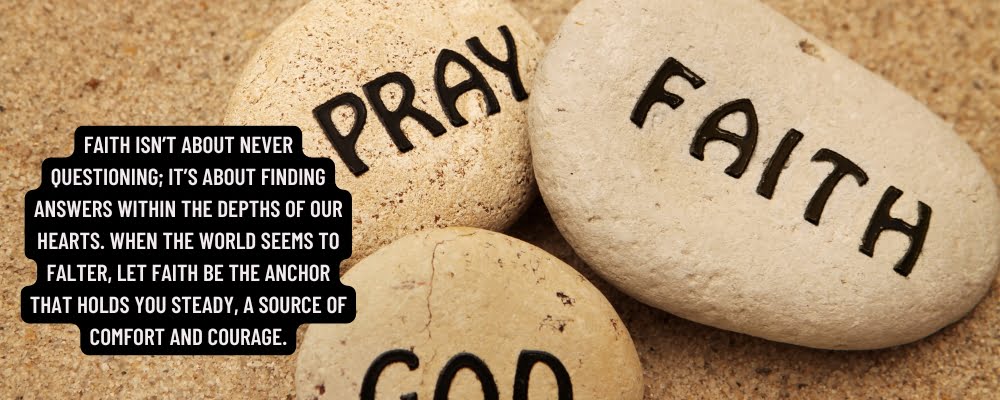
Institutional Distrust and Declining Religiosity
Many Americans are losing faith in big institutions, including churches. This loss of trust is making people turn away from organized faith. It’s a big reason why fewer people are going to church.
A recent Gallup poll found that only 44 percent of Americans trust the church or organized religion a lot. This drop in trust, along with more people saying they have no religion, is changing how Americans see faith.
Some blame the mix of religion and politics for this change. Others point to famous atheists like Christopher Hitchens and Richard Dawkins. Also, new kinds of churches are becoming popular, showing that people want spirituality but not in a big, organized way.
About 90 percent of Americans still believe in God, but young people are less likely to do so. Experts say there will be fewer priests in the next 10 years because of age and health issues.
As trust in institutions and faith declines, it’s important for churches and leaders to adapt. They need to find ways to connect with people who are losing interest in traditional religious paths.
The Rise of the “Nones”: Spiritual Apathy or Cultural Evolution?
In recent years, the United States has seen a big change in how people view religion. More people are calling themselves “religiously unaffiliated,” or “Nones.” This shows a big change in culture and thought.
Understanding the Growing Segment of the Religiously Unaffiliated
Recent data shows that Christians in America have dropped from 78% to 65% in recent years. At the same time, those who don’t follow any religion have grown from 16% to 26%. This change is especially true for younger people, like Millennials.
Millennials are split, with 49% identifying as Christian, 40% as Nones, and 9% with other beliefs. This rise of the Nones makes people wonder if it’s due to spiritual apathy or a cultural evolution in faith and spirituality. Experts believe the drop in traditional religion ties to more education, better financial security, and exposure to different views.
“The religiously unaffiliated, known as ‘nones,’ represent almost a quarter of the population in the United States. In North America and most of Europe, nones are the second largest religious group.”
The growing number of Nones changes how religion fits into American society. The decline of Christianity and the rise of the Nones could change how we talk politics and use religious words in public. Religious groups might also worry more about keeping their right to practice their faith as they become less common.
The cultural evolution seen in the rise of the Nones is complex. It shows big changes in society and how people think about faith and spirituality. Understanding this trend helps us see how religion is changing in modern American life.
Christian Nationalism: A Controversial Ideology
Many are now focusing on “Christian nationalism” and its impact on American democracy. This has led to heated debates. Even though a small group openly backs this ideology, many Americans share beliefs tied to it. These beliefs include the idea of separating church and state, the Bible’s role in law-making, and promoting Christian values in government.
Exploring the Concept’s Impact on Religion and Politics
Christian nationalism is a belief system that wants the U.S. to be run by a certain type of Christianity. It’s seen as a big threat to Christianity here, focusing on power, control, and fear.
This belief is linked to racism and fear of outsiders, making people ignore social problems. It’s also seen as undermining fairness and not following Jesus’ teachings on justice and love.
Christian nationalism is viewed as limiting and contradicting the work and teachings of Jesus Christ, particularly in advocating for justice, equality, and compassion towards all individuals.
The debate over religion’s role in public life is ongoing. As Christian nationalism grows, it’s vital to address it in American Christianity. This is to ensure a future where everyone thrives and the church can speak out for justice.
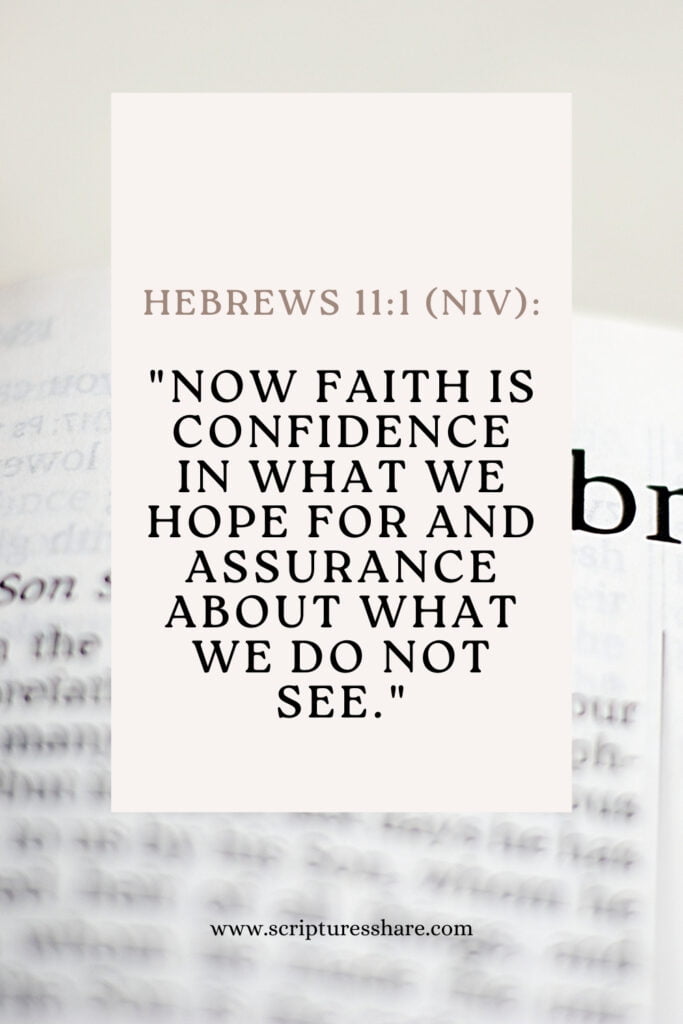
Finding Balance: Religion’s Role in Modern Society
The United States is facing a shift away from organized religion and towards a more secular society. It’s important to find a way that respects everyone’s beliefs and values. Many Americans are uneasy about where religion stands in our society today.
Some believe religion in modern society has too much power in politics. Yet, more than half of us think that churches and religious groups do more good than harm. This shows a complex view of religion’s role.
There are big differences in how people see secularism and religious influence based on their political views. Republicans tend to miss the old days when religion was more influential. Democrats are less likely to feel this way. This gap is especially wide among white Democrats, who think churches have too much power.
| Statistic | Value |
|---|---|
| Americans who believe churches have too much political influence | 37% |
| Americans who believe churches have too little political influence | 28% |
| Americans who believe the current level of church political influence is just right | 34% |
| Americans who believe religion’s influence on society is declining | 40% |
| Republicans who view the decline of religion’s influence as regrettable | 63% |
| Democrats who view the decline of religion’s influence as regrettable | 27% |
Finding the right balance for religion in modern society is key. As things change, we need to respect everyone’s beliefs. It will be tough for leaders to keep religious groups’ positive effects while also considering everyone’s views.
Conclusion
This article shows how American religiosity is changing. The “Great Dechurching” is a big change, with fewer people going to church and less affiliation with religions. This shift is due to many things like secularism, distrust of institutions, and differences between generations.
As America looks at the role of religion in public life, finding a way to respect everyone’s beliefs is key. This balance will help shape the future of faith in the country. The decline in faith and cultural shifts have greatly changed religious influence in America.
Many factors are behind the drop in religiosity. Social, educational, and technological changes have all played a big part. Understanding these changes is crucial as American religion continues to evolve. It will help us face the challenges and chances ahead.
FAQ
What is the “Great Dechurching” phenomenon in the United States?
The “Great Dechurching” is a big drop in people going to church in the U.S. About 40 million adults stopped going in the last 25 years.
What are the key factors contributing to the erosion of traditional faith in the United States?
Many things are pushing people away from religion. These include more people not believing in faith, debates about faith, and feeling less spiritual.
How has the decline in public confidence in major institutions, including organized religion, impacted religiosity in the United States?
People losing trust in big institutions like churches has led to fewer people believing in religion. This loss of trust is making more people turn away from organized faith.
What are the generational differences in religious affiliation and attitudes towards the role of religion in public life?
Younger people are less likely to follow traditional religions. This shows a move towards being less religious and changing views on faith in public life.
What is the relationship between political polarization and the role of religion in American society?
There’s a big divide in opinions on religion’s role in politics. Republicans want more religious influence, while Democrats don’t. There are big differences on issues like church and state and the Bible’s role in laws.
What is the significance of the rise of the “Nones” in the United States?
The “Nones” are people who don’t say they belong to any religion. This trend shows big changes in how Americans think about faith and spirituality. It makes us wonder if people are just changing or if they’re losing interest in faith.
How prevalent is the concept of “Christian nationalism” in the United States, and how does it impact the role of religion in public life?
“Christian nationalism” is getting more attention, but not many people fully support it. Still, many Americans believe in keeping church and state separate and think the Bible should guide laws. They also want Christian values in government.
Source Links
- In U.S., Decline of Christianity Continues at Rapid Pace
- 8 in 10 Americans Say Religion Is Losing Influence in Public Life
- What Is the Great Dechurching?
- The Great Dechurching: Who’s Leaving and What Will It Take to Bring Them Back? with Michael Graham
- Historically Low Faith in U.S. Institutions Continues
- Why Americans are losing their religion
- Confidence in U.S. Institutions Down; Average at New Low
- Generation Z and the Future of Faith in America


